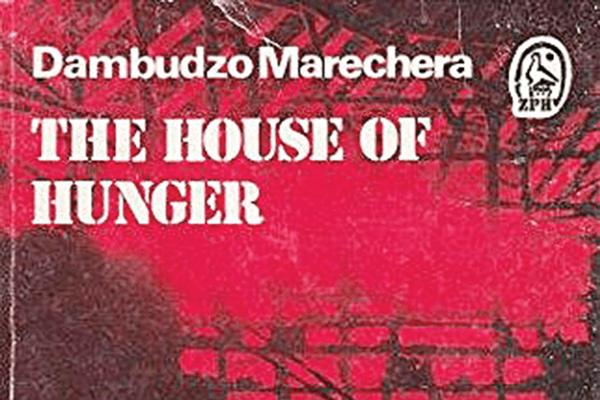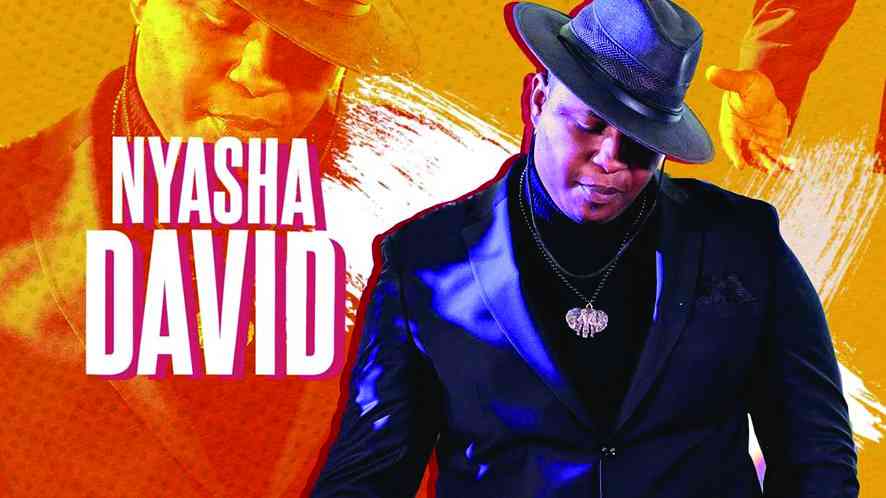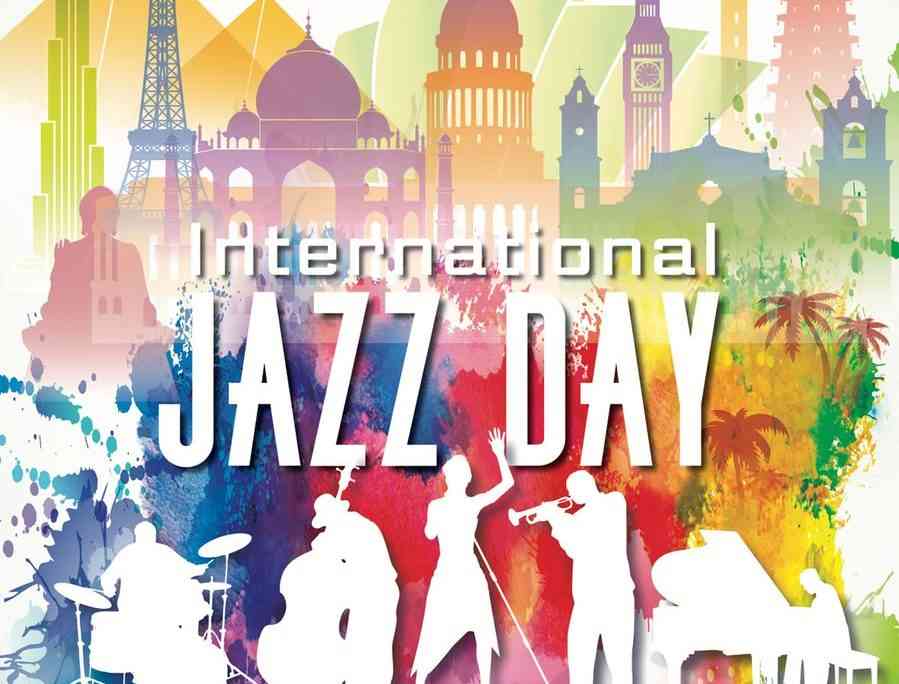

BETWEEN THE LINES: Beniah Munengwa
The subject pertaining to reading culture has always been handled with a thorough focus on the reader.
The reader, herein, refers to that person who has no particular interest in writing, but in reading for the sake of gaining knowledge, among other things.
The reading culture as an act is commonly defined as the “habitual and regular reading of books and information materials”.
Today, the world stands at crossroads, divided between the new and the old.
Apart from the dwindling book sales, books are rarely being read. When I was a child, I used to take pride in having finished reading Things Fall Apart at a tender age.
Even reading books like Dambudzo Marechera’s House of Hunger would give someone a sense of pride.
Today’s children are locked in the world of motion pictures, movies and games.
- Chamisa under fire over US$120K donation
- Mavhunga puts DeMbare into Chibuku quarterfinals
- Pension funds bet on Cabora Bassa oilfields
- Councils defy govt fire tender directive
Keep Reading
While this may stand as an excuse, the quest to push on the reading agenda still stands.
The issue is far much deeper than many assume, and it is alarming that the reading landscape is fast but dwindling.
But to talk of readers, in the presence of writers, is an issue that should come second.
One day, in the presence of a mentor, I confided in him that I was increasingly finding words escaping my pen when writing.
I could write no more. And what he was quick to identify was one thing; that I was not reading.
The major challenge affecting the quality of today’s work is the absence of the quest and desire to read through books.
At times, upon reading great works, I fall back into my reflective self and realise that I am a writer.
Surely, some works are so well-written that I get to understand that I am still by far less of being as competent as I should be.
Through that alone, I am challenged to do more. In that regard, I improve and contribute to the betterment of the literary world.
On the flip side, the characteristic defects of a book can only be known and avoided by those who have encountered them.
This can only be explored through the experience found in firsthand experiences.
The argument which is however not new is that, first, why should someone write for readers, yet they can be a reader of other people’s works?
Literature also is a special avenue that allows for the writer to attain an understanding of past events, most of which cannot be experienced by living through them because they would have passed. Perspectives too, are broadened.
Eudora Welty remarks that: “A reader lives a thousand lives before he dies. The man who never reads, lives only one.”
This means without reading, one’s world is limited and their world view remains static and myopic, and so does the work one will produce.
From establishing what was written on and how it was written, a writer establishes what and what does not work in laying out words and perspectives.
Also important is to be able to draw inspiration from others, for no one operates ex nihilo.
Like in all forms of practice, one always becomes better with input from others than from doing it himself and on his own.
With due regard, a reader who does not read is not expected to try their hand at writing, for who would they want to read their works if they do not read other people’s works?
Borrowing from the Theory of Mind, a “social-cognitive skill” that if implemented, “involves the ability to think about mental states, both your own and those of others”, enhances the ability of a writer’s capabilities to capture a world of emotions that mostly is expected from a writer.
A writer is expected to offer a deep perspective into man’s social, economic, psychological well-being and relational approach to nature.
Without a perfect and compound background study sourced from sociological and psychological academic study, through extensive readership, a writer can hardly be equipped.
While my emphasis is on the writer, opportunities like these should not be left to vapour without pushing forward the agenda for the improvement of the attractiveness of literature to the reading world.
Forums like the Zimbabwe International Book Fair and Harare International Literature Festival, among other platforms, have not been of help.
But as William Faulkner advises: “Read, read, read. Read everything — trash, classics, good and bad, and see how they do it. Just like a carpenter who works as an apprentice and studies the master; Read! You’ll absorb it.”
Until the landscape tilts, my heart will not rest.
Beniah Munengwa writes in his personal capacity. He can be contacted through email on [email protected].











